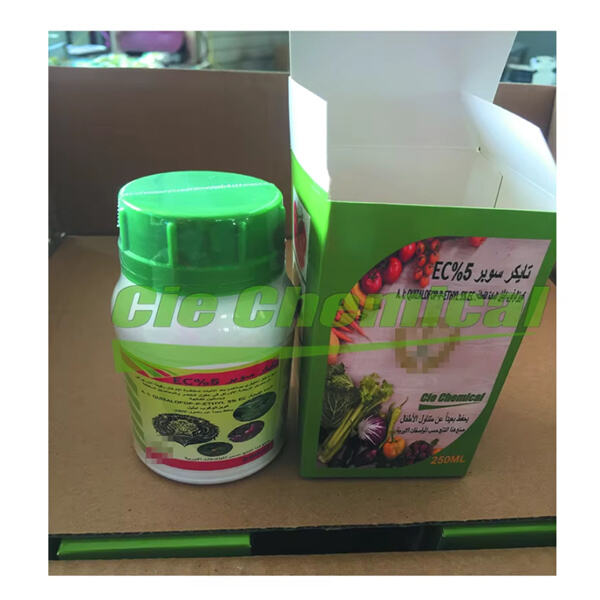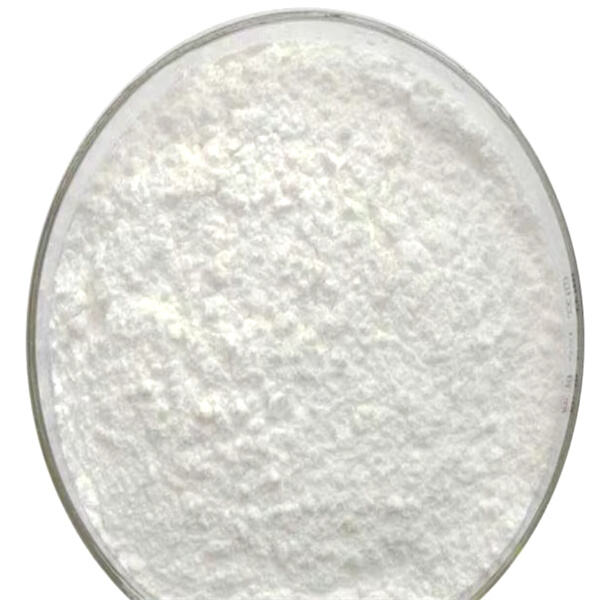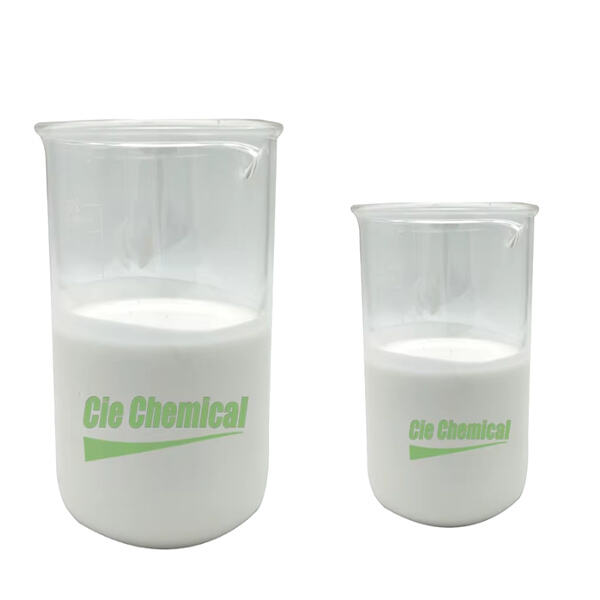Imazapic herbicide is a useful resource that most gardeners and farmers use to keep unwanted plants from crowding their fields and gardens. It’s a chemical that kills selective weeds while sparing the plants we desire. In this write-up we will discover how well imazapic herbicide works, its advantages, what effects it has on our environment, how it is used in farming, and safety tips to consider when using for home-based applications.
Imazapic herbicide prevents some plants from growing, making it more difficult for them to live. This is significant because there are also weeds that can damage crops and flowers. By targeting the unwanted plants, imazapic herbicide can protect the plants that farmers and gardeners want to keep well.
One major advantage of plant growth regulator is that it can kill certain weeds without causing harm to other plants. This is what that helps farmers and gardeners from having unwanted plants in their fields or gardens while those they have chosen can grow strong. What’s more, imazapic herbicide is long-lasting, so the farmers don’t have to apply it as often.

Imazapic herbicide is a valuable tool for controlling weeds, but we need to consider its environmental implications. If not applied properly, it can damage other life forms, such as insects, birds and fish. In an effort to preserve the environment, the instructions should be followed and the herbicide should not be allowed to reach sensitive regions like water sources.

Farmers frequently use the imazapic herbicide, to stop their plants from having to compete with weeds for nutrients and sunlight. By eliminating uninvited plants from fields, farmers can help their crops get a good start, grow well and produce lots of food. Applied correctly, imazapic herbicide is meant to help crops flourish.

Use of the imazapic herbicide at home It’s important to apply the imazapic herbicide safely in order to protect both yourself, family and environment. Read and follow the instructions on the label; wear safety equipment such as gloves and goggles; and don’t use it on windy days when it might blow away. Also, take care where you spray; beneficial insects can get poisoned if the product lands on plants you want to protect or if it fouls water sources.
Shanghai CIE Chemical Co.,ltd. was established on November 28, 2013. CIE has focused on chemical exports for about 30 years. At the same time, we will be committed to bringing more good products to more countries.In addition, our factory has an annual production capacity of glyphosate of approximately 100,000 tons and acetochlor of approximately 5,000 tons. In addition, we also cooperate with some multinational companies to produce paraquat and imidacloprid. Therefore, our quality is world-class.Currently, the dosage forms we can produce include SL, SC, OSC, OD, EC, EW, ULV, WDG, WSG, SG, G, etc. At the same time, our R&D department is always committed to the development of new formulas to produce some blended chemicals according to market needs. In this way, the efficiency of our new products can meet the needs of end consumers around the world.We always see it as our responsibility.In addition, so far, we have supported the registration of more than 200 companies in 30 countries around the world. At the same time, we are doing GLP reporting for some products.
In the world of CIE, you will find excellent agrochemical manufacturing and technical services because we focus on chemicals and researching new products for the people of the world.At the beginning of the 21st century, our factory only focused on national brands. After several years of development, we began to explore international markets, such as Argentina, Brazil, Suriname, Paraguay, Peru, Africa, South Asia, etc. As of 2024, we have established business relationships with partners from more than 39 countries. At the same time, we will be committed to bringing more good products to more countries.
1. Increased output:Pesticides can effectively control pests, diseases and weeds, thereby reducing pest levels, increasing yields and ensuring food security.2. Save labor and time:The use of pesticides can reduce farmers’ labor and time costs and effectively improve agricultural production efficiency.3. Guarantee economic benefits:Pesticides can prevent AIDS, ensure harvests, and be used in agricultural production brought brilliant economic benefits.4. Ensure food safety and quality:Pesticides can ensure the safety and quality of grain and food, avoid prevention prevent the occurrence of epidemics and protect people's health.
The pesticide products we sell comply with relevant national regulations and standards. Ensure the reliability and stability of product quality.1. Pre-sales consultation: We will provide customers with professional pre-sales consultation services to answer their questions about the use, dosage, storage and other issues of clothing and medicine. Customers can get our help by phone, email or online consultation before purchasing.2. After-sales training: We will regularly organize pesticide use training, including the correct use of pesticides, precautions, protective measures, etc., to improve customers' pesticide use skills and safety awareness.1/33. After-sales return visits: We will conduct regular after-sales return visits to our customers to understand their usage and satisfaction, collect their opinions and suggestions, and continuously improve our services.